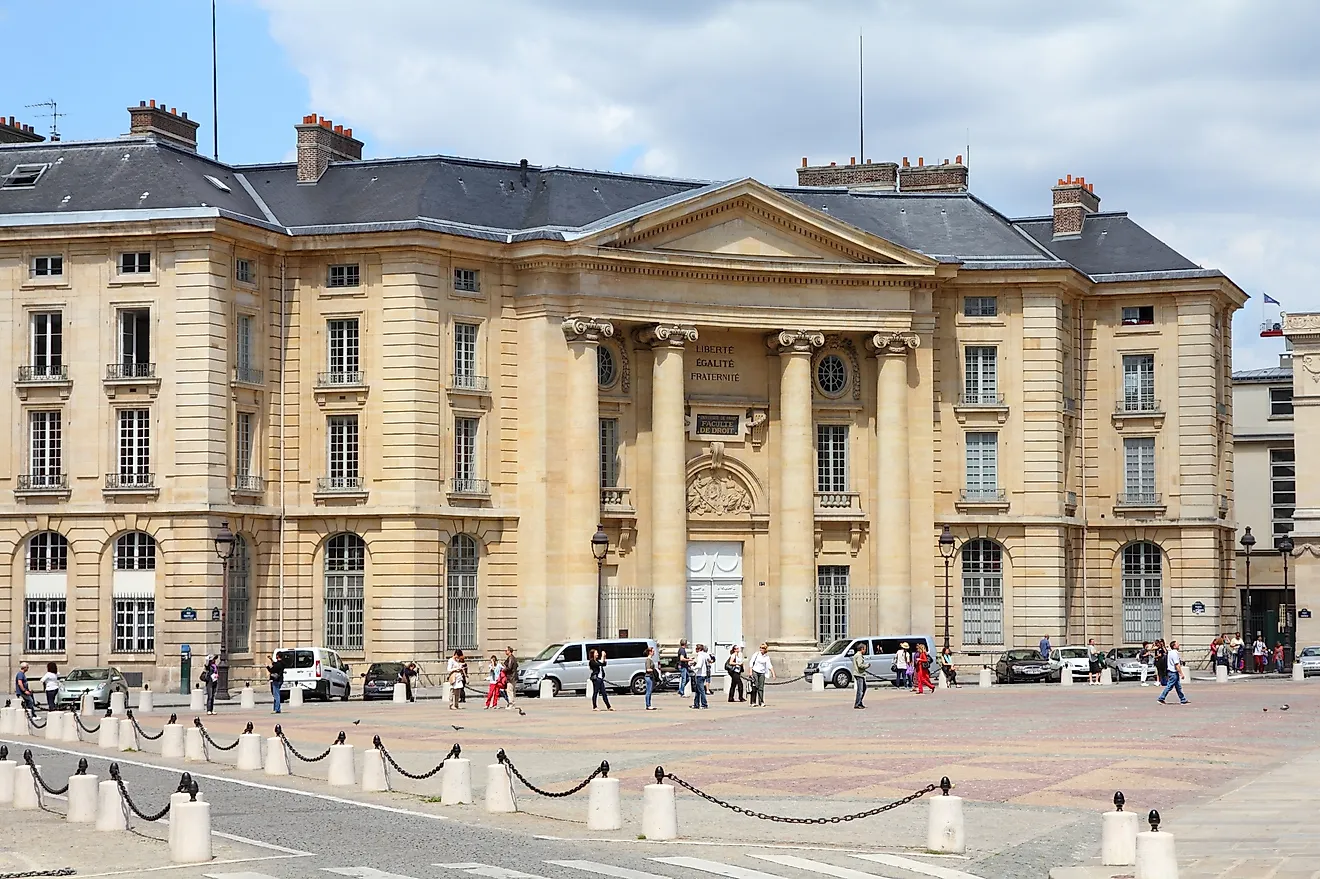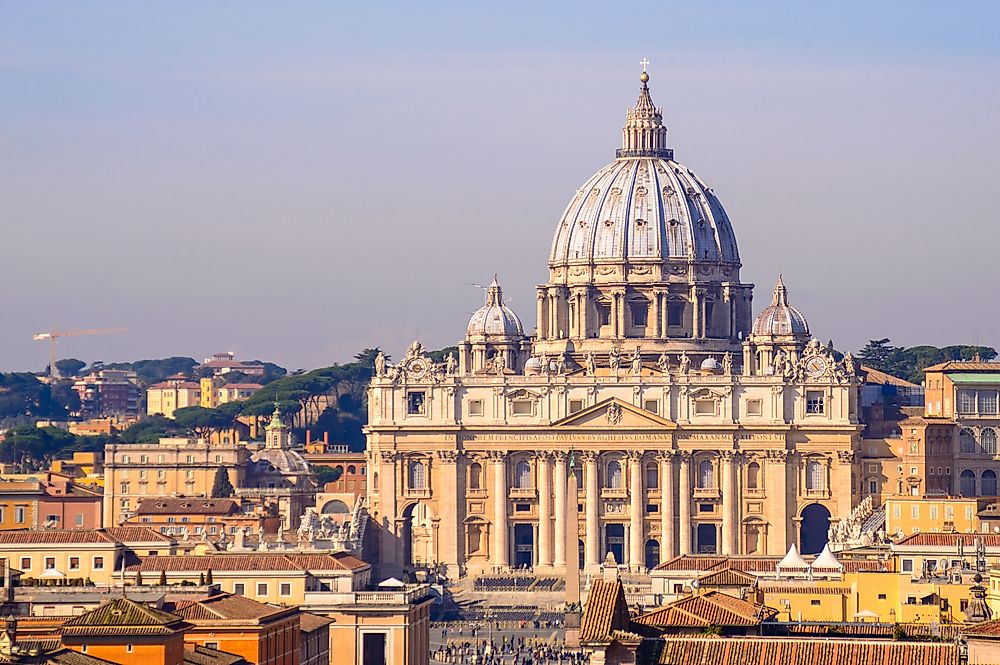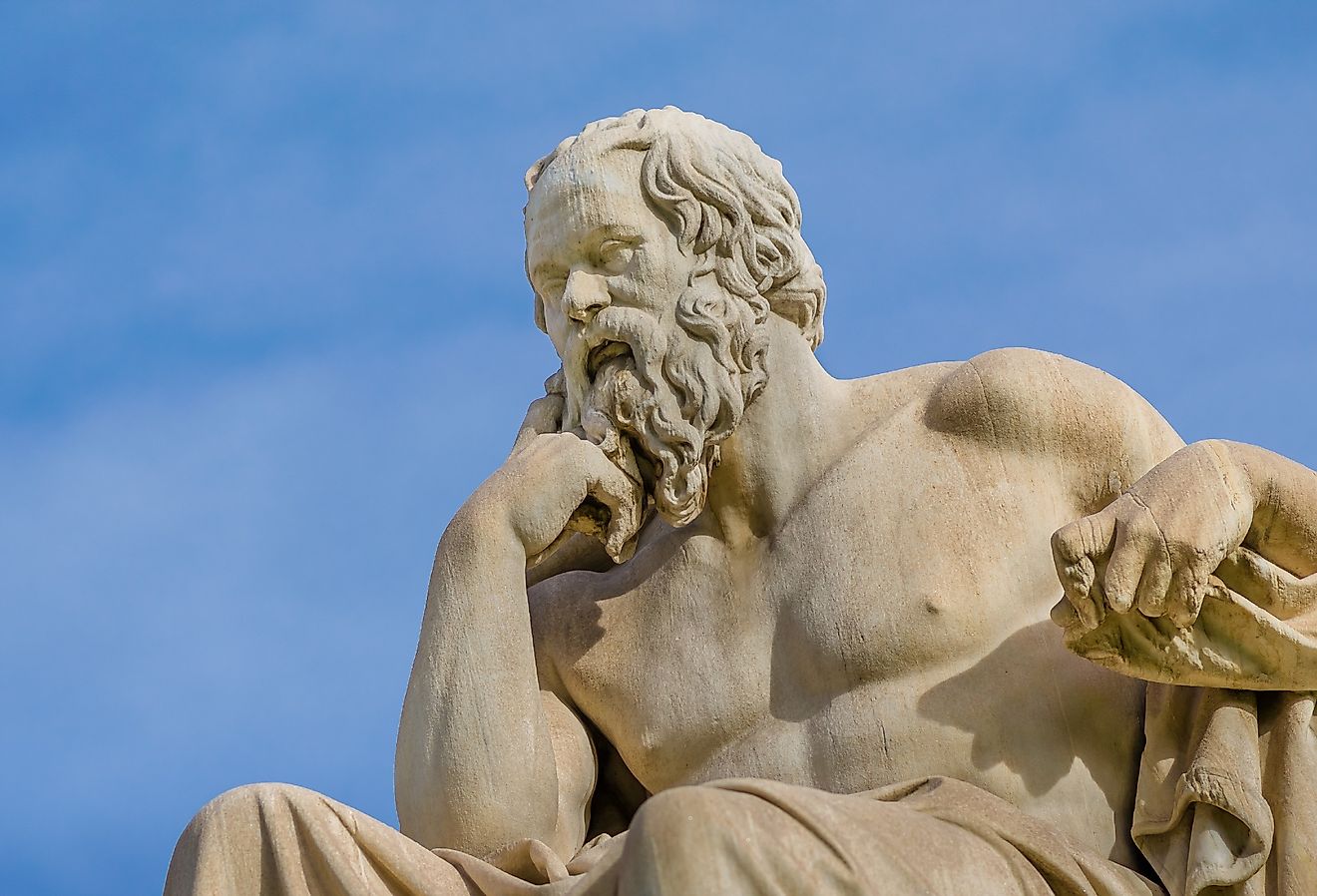University of Paris - Educational Institutions around the World

5. Founding
The University of Paris is a public university that was already well established decades before it was formally "founded" by the Catholic Church and recognized by King Philip II in 1200, and the recognized by Pope Innocent III 15 years later. Such a sequential pattern for recognition was common among medieval colleges and universities. Originally, the university was formally under the governance of the Church, and it was known as "a guild of masters of scholars" that would serve as a model for universities to come. The university developed as a corporation around the Notre Dame Cathedral. When it was just founded, it had four Faculties, namely those of Arts, Medicine, Law, and Theology. Students were divided according to regional origin, into the four nations of France, Normandy, Picardy, and England.
4. History
In the 12th Century, three schools within the university were famous in Paris. These were the Palace School, the School of Notre Dame, and the School of Sainte-Genevieve Abbey. With the decline of the royalty in France, the latter schools surpassed the Palace School in significance, and attracted famous scholars. In that period, the university offered mostly humanistic instruction, comprised by grammar, rhetoric, dialectics, music, astronomy, and geometry. Later on, in the 13th Century, the Faculties of Theology, Canon Law, and Medicine gained superiority. Four colleges were gradually formed, and the university assumed the basic form it carried from that point on. In 1968, after the May 6th student and worker revolts that spread across France, the university was reorganized into 13 separate campuses, numbered as University of Paris I through XIII. Commonly, people refer to Paris I as the University of Paris, Pantheon-Sorbonne University, or La Sorbonne.
3. Structure
The University of Paris, in its current form, has 13 universities. These include Patheon-Sorbonne University, Pantheon-Assas University, Sorbonne Nouvelle University. Paris-Sorbonne University, Rene Descartes University, Pierre-and-Marie-Curie University, Denis Diderot University, University of Vincennes in Saint-Denis, Paris Dauphine University, University of Paris Ouest, University of Paris Sud, University of Paris Est, and University of Paris Nord. Each university has its own expertise and governance. For example, Paris Five is known for its strength in social sciences and clinical health, while Paris Seven is known for its teachings in sciences and psychology.
2. Rankings
Each of the thirteen universities has its own ranking, with any of them being ranked among top universities, not only in France, but across the world as a whole. According to both the World University Rankings and the Academic Ranking of World Universities, Paris VI--University of Paris Sud ranks the highest among the thirteen, occupying number 120 and number 41, respectively. Paris IV--University Paris-Sorbonne is ranked 222nd in the world, followed by Paris I--Pantheon-Sorbonne University, ranking 240th in the world, and Paris VII--University Paris Diderot, ranking 261st. Although traditionally known aggregately for philosophy and literature, the 13 universities of University of Paris are now important homes for research in clinical health, psychology, medicine, and much more.
1. Alumni
The University of Paris has left a rich and profound legacy. It has produced many accomplished and renowned politicians, writers, philosophers, and celebrities. One of the most prominent theologians, John Calvin, attended the University of Paris in the 16th Century. Former President of France Francois Mitterrand studied law and politics at the University of Paris himself. Famous "New Wave" director Jean-Luc Godard, philosopher Paul Ricour, economist Gerard Debreu, and political scientist Jeane Kirkpatrick are all also listed among the many famous alumni of the University of Paris. Furthermore, it has also educated and helped to inspire 51 Novel Prize winners, spanning the fields of Physics, Literature, Chemistry, and Economics alike.











